Hello everyone, it is I your Feisty Indian Aunty who spent the last few weeks binge watching four seasons of The Good Doctor. I noticed that the series was constantly on Netflix’s list of most popular shows and decided to check it out. I come from a family that’s just full of doctors and so medical dramas and sitcoms were something that I’ve always been drawn to.
What then was so unique about this medical series? Well, it focuses around a few first year surgical residents at the St. Bonaventure Hospital, and their journey to become surgeons, in particular, one doctor who happens to be on the autism spectrum. The series begins with the President of the hospital, Dr Aaron Glassman (Richard Schiff) fighting the Board of Governors to recruit an autistic savant doctor named Shaun Murphy (Freddie Highmore) by convincing them that he is hirable and high-functioning. (Highmore’s performance as an autistic savant is so believable that it made me wonder if they actually found an autistic actor to take on the role.)
Admittedly, before watching this show, I had little to no knowledge about what it meant to be an autistic savant. I knew about autism in general, but did not realise the kind of extraordinary special abilities that savants can sometimes posses.
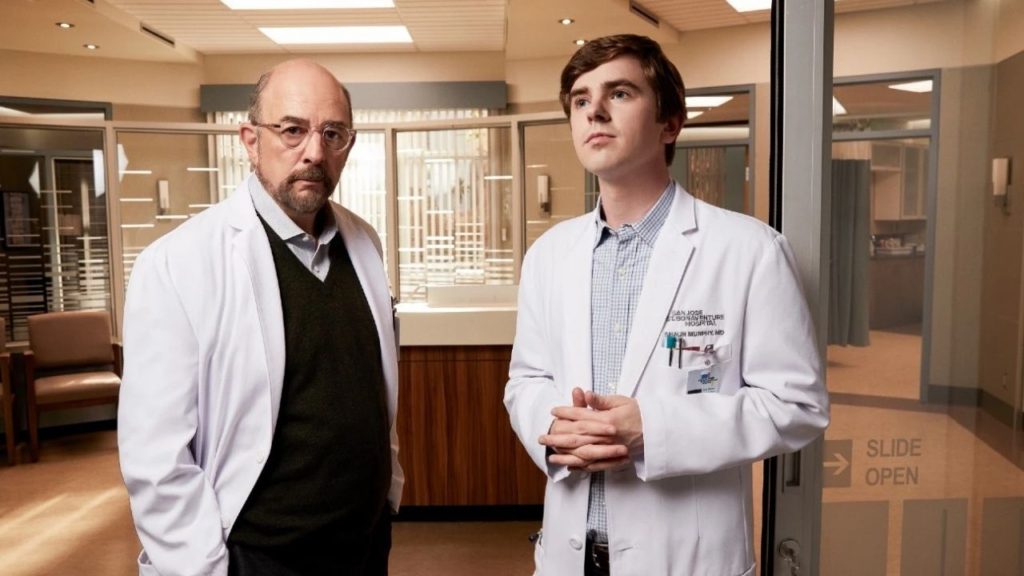
The series tends to proceed the same way that most medical dramas do. Every episode brings a new person in crisis, and the surgical residents – Dr. Claire Brown ( Antonia Thomas), Dr. Alex Park (Will Yun Lee), Dr. Morgan Reznick (Fiona Gubelmann), and Dr. Audrey Lim (Christina Chang), along with Shaun – run around the hospital trying to save their life. In between all of the surgical heroics there is of course romance, and politics, and plenty of personal drama.
As far as the medical side of things, The Good Doctor is primarily concerned with surgery and surgeons. Having been surrounded by them for most of my life, I know quite a bit about the lives of doctors (the on-calls, and late nights, and the stress that comes with the responsibility of healing the sick), but I had no idea what surgeons go through. The risks they take. And the kind of pressure that they’re under when a patient is on their operating table. A surgeon requires great teamwork and everyone in the theatre must be an expert in whatever it is that they do. No compromises there, ever.
Which is why the added drama of having a doctor with autism present makes this show so compelling. Now I’m not sure how people who have autism feel about The Good Doctor, but I think the series makes a noble attempt at dispelling myths and setting the record straight.
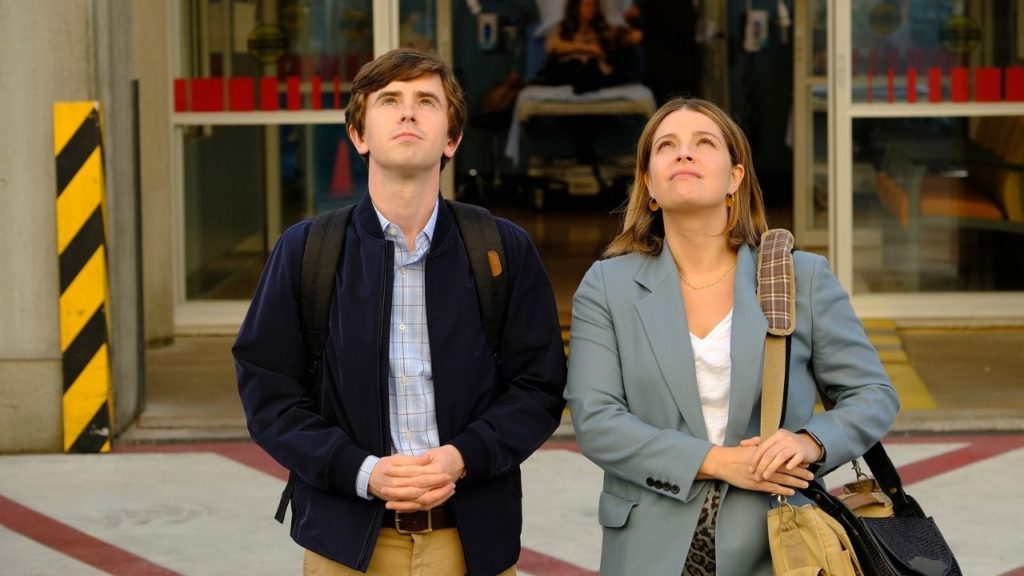
Although he is a brilliant diagnostician and surgeon, Shaun’s inability to connect, communicate, and empathise with patients and their families creates discord in the hospital. He is brutally honest, lacks human insight, and shows no signs of remorse. He is also unwilling to adjust. His closest confident and “saviour” is his mentor Dr Aaron Glassman whose constant supervision and advise allows Shaun to slowly emerge from being a caterpillar to a butterfly – learning to love, show compassion, and deal with whatever life throws his way.
Medicine is about treating all aspects of the human condition. Sometimes it’s physical. Sometimes it’s mental. Sometimes a pill will do the trick. And sometimes it’ll take a village. Doctors go through many years of education, learning everything there is to learn about the human body and how it works, but the key to being a great medical practitioner has always been communication. The Good Doctor’s focus on Shaun, his traumatic childhood, and his difficulty connecting with people is a fascinating way to highlight that point.

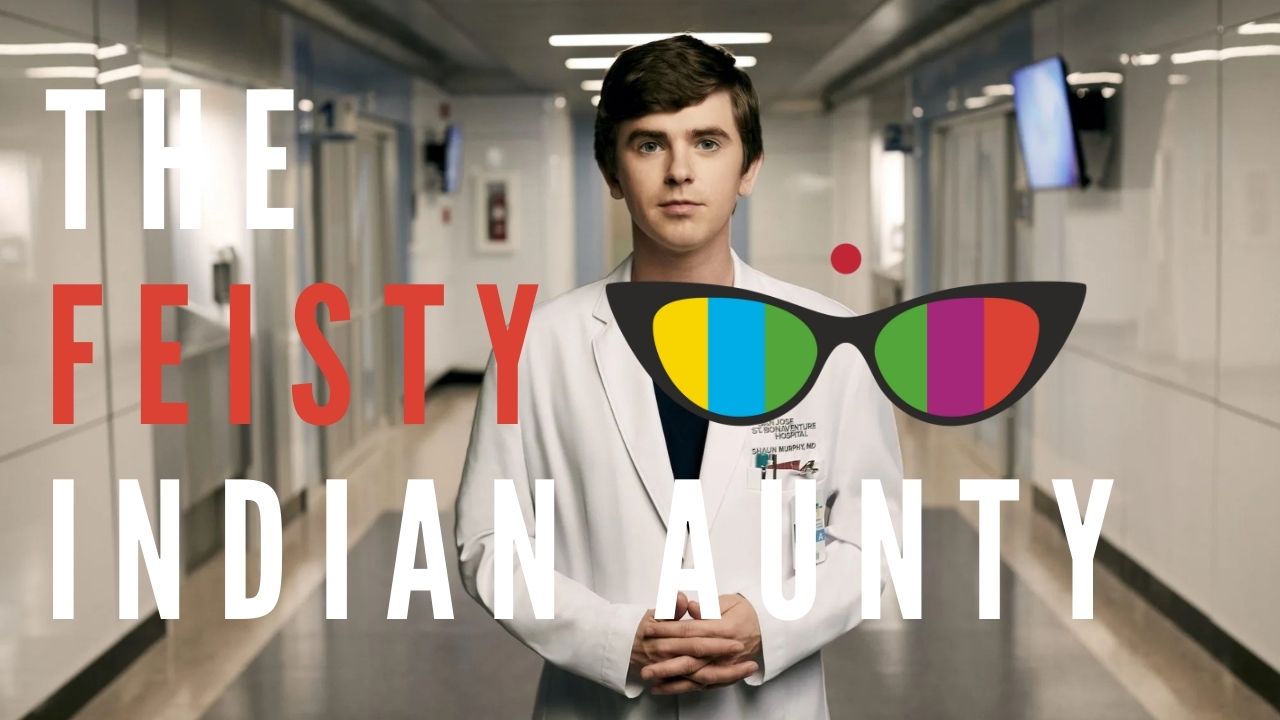



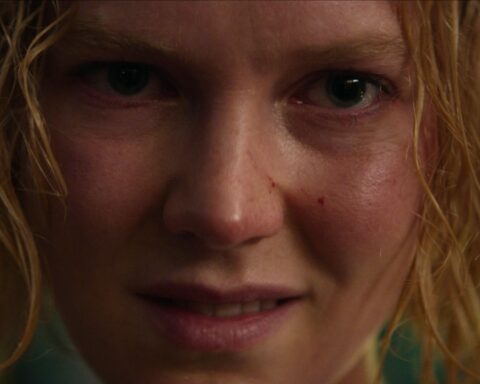

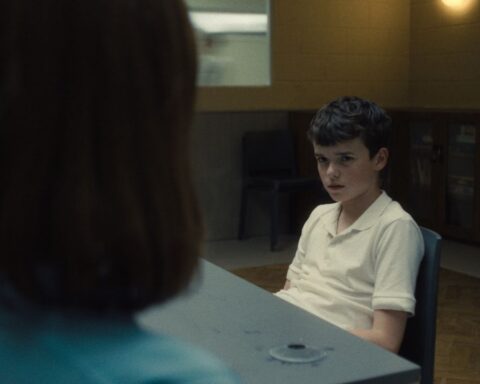
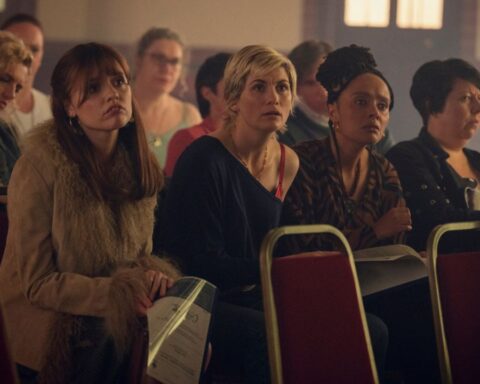
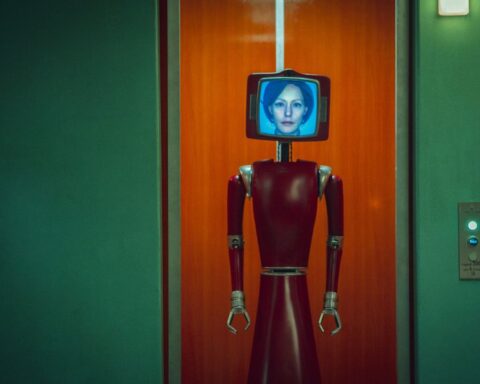
Follow Us